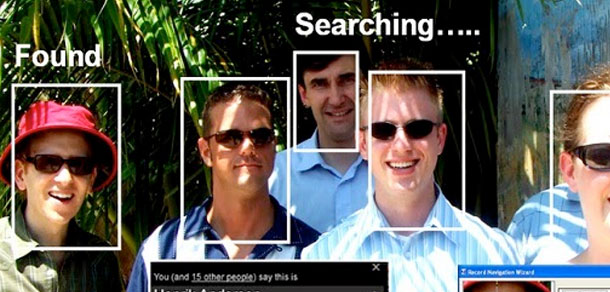ACLU: Facial recognition needs ethical framework
27 May, 2014
category: Biometrics, Digital ID
The American Civil Liberties Union submitted an “Ethical Framework for Facial Recognition” to the U.S. Department of Commerce’s National Telecommunications and Information Administration. The agency serves as an adviser to the president on telecommunications policies and has been developing a code of conduct for use of the biometric technology.
The ACLU wants those operating facial recognition system to embrace the following principles:
Collection: An entity must receive informed, written, and specific consent from an individual before enrolling them in a face recognition database. Enrollment is defined as storage of a faceprint or photograph for the purpose of performing face recognition.
Use: An entity must receive informed, written consent from an individual before using a facial recognition system or faceprint in a manner not covered by existing consent. When an individual consents to the use of a facial recognition system for one purpose, an entity may seek consent from that individual for its use for a secondary purpose. However, the entity may not compel the individual to give that consent. The individual may withdraw consent at any time. An entity may not use a face recognition system to determine an individual’s race, color, religion, sex, national origin, disability or age.
Sharing: A faceprint or any information derived from the operation of a face recognition system may not be sold or shared except with the informed, written consent of the individual whose information is being sold or shared.
Access: An individual must have the right to access, correct, and delete his or her faceprint information. An individual may also access and request correction of information about him or her derived from operation of a face recognition system including information maintained in the audit trail.
The ACLU’s full framework for facial recognition can be found here.




